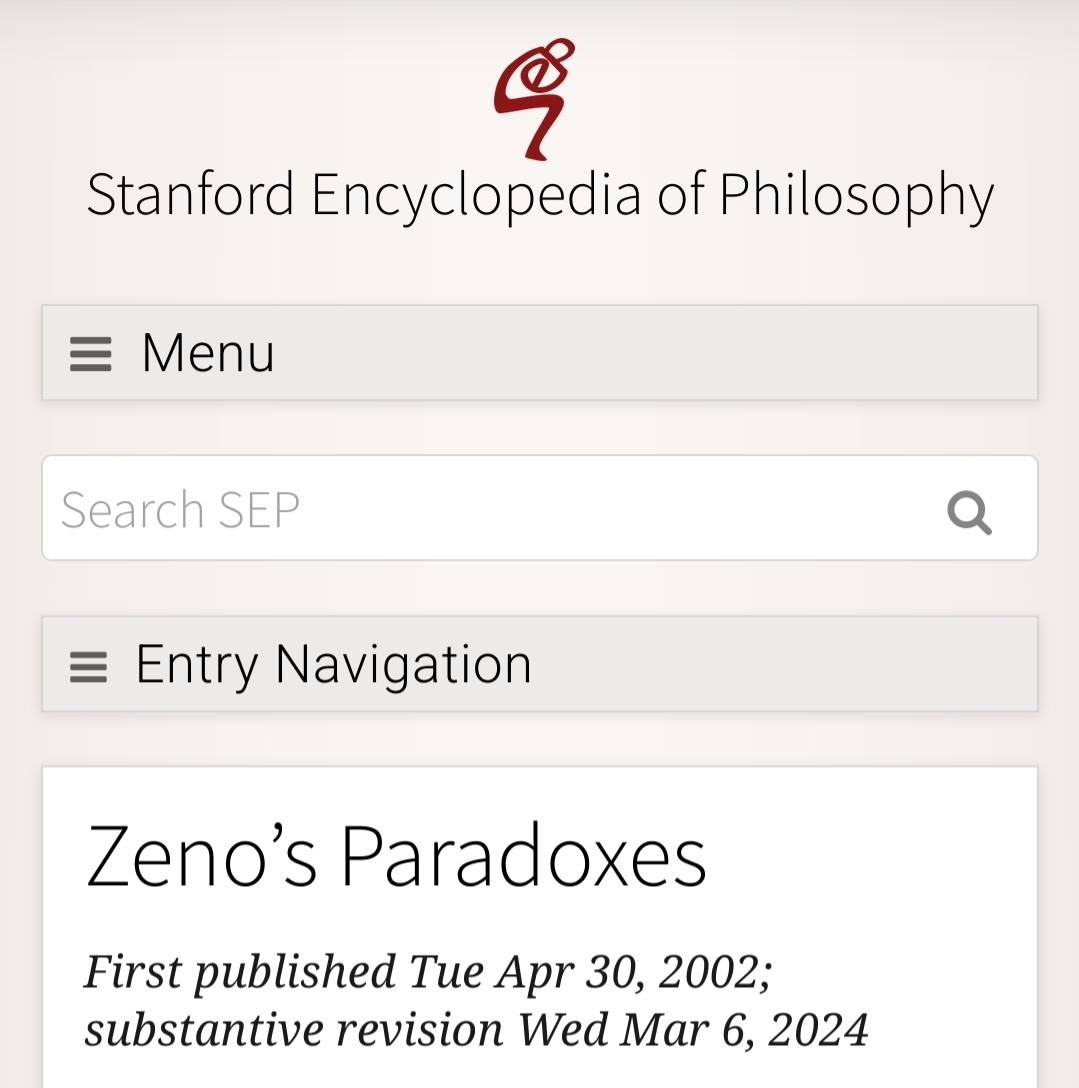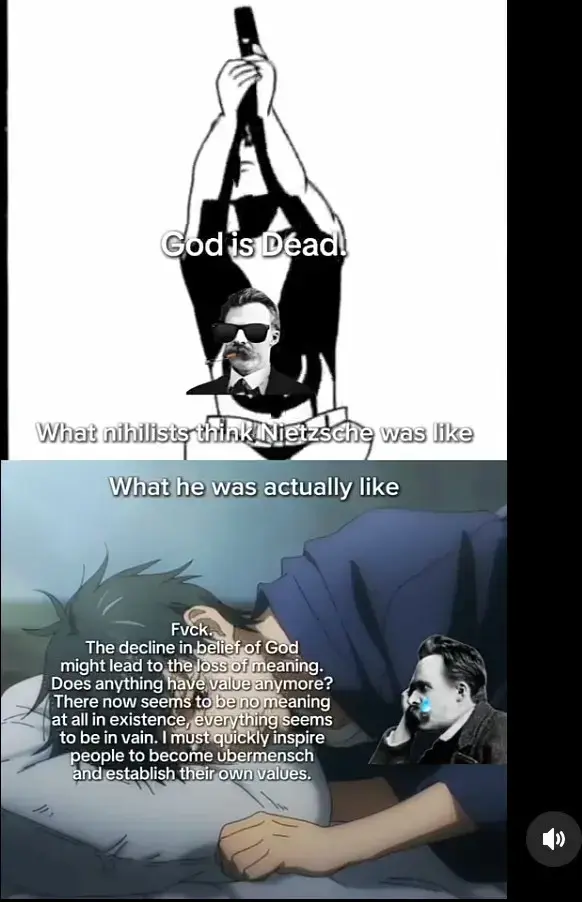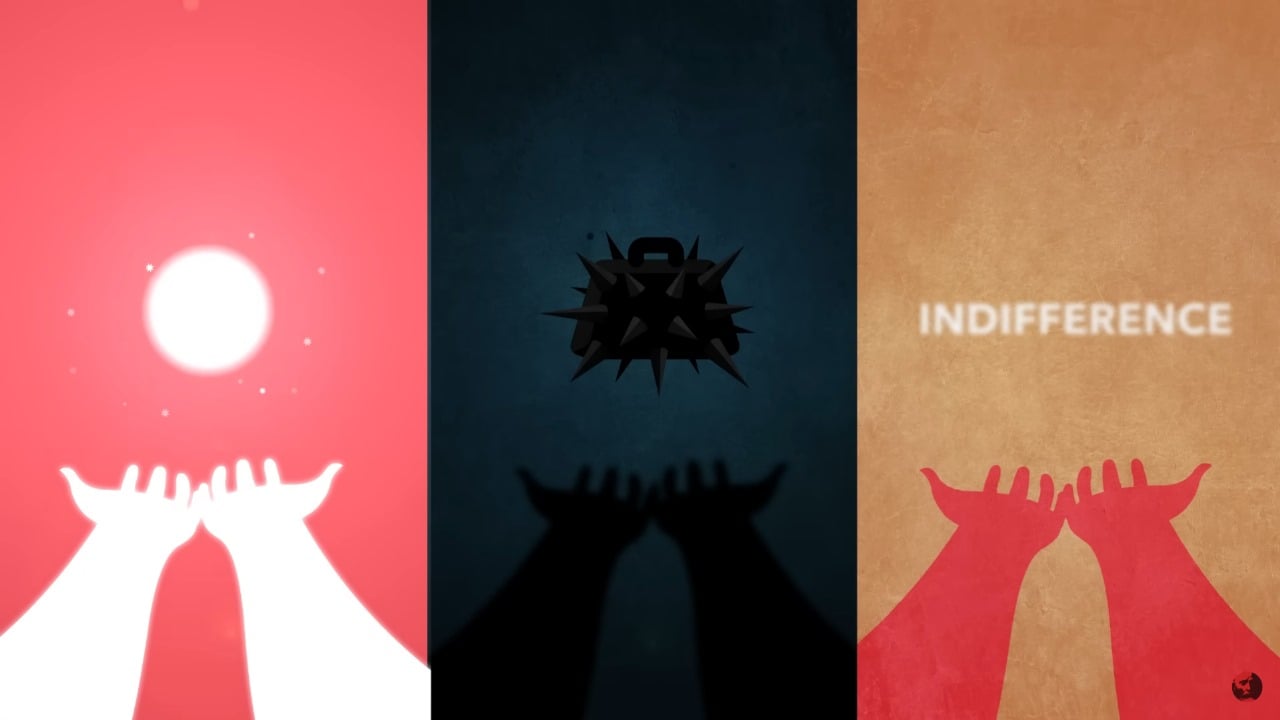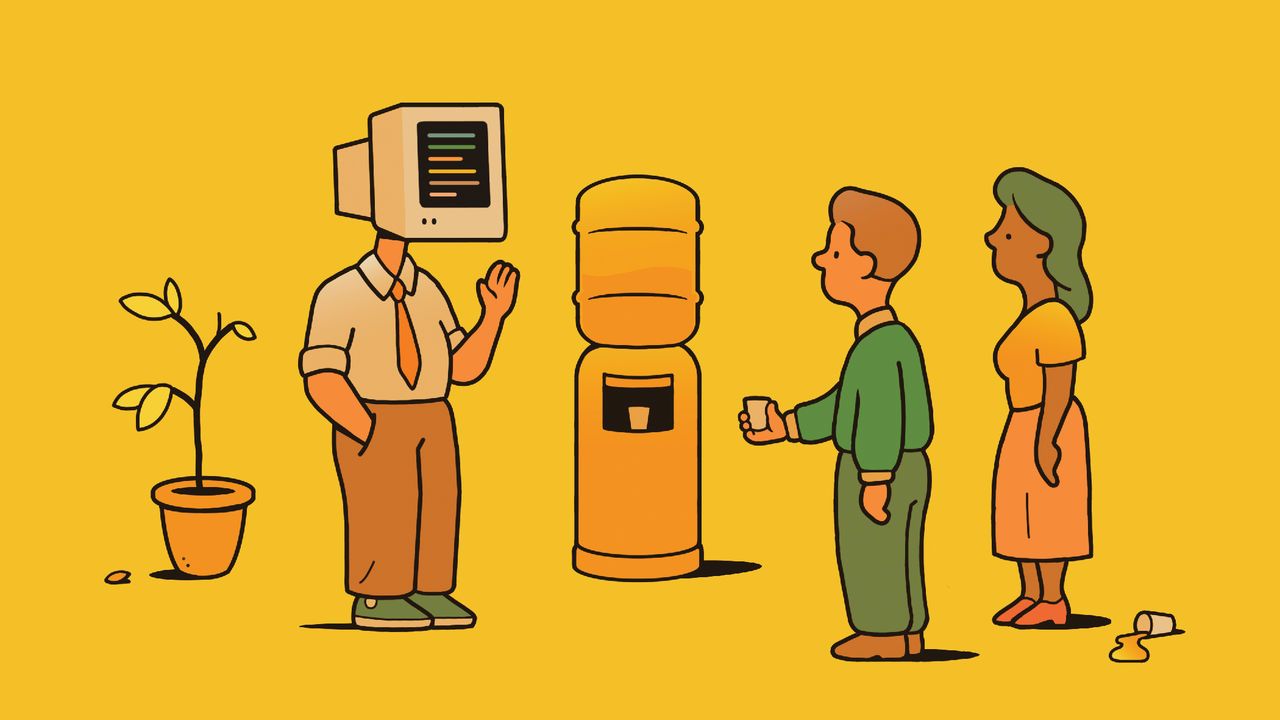This post contains spoilers from the finale.
I have completed the series. It prompted thousands of thoughts in my head and so I must spill them.
The series initially appears to be situated in a post-apocalyptic world where humanity was driven to near extinction by a mysterious, giant species called titans. For a century, walls taller than any titan protected the last bastion of humanity... Until they didn't.
But as political circumstances, enemies and allies change, this narrative sooner or later is superseded by another one, and another... And so forth. The authors make clear their stance towards history: a tangible string of myths arranged by the human mind to justify or condemn a given thing. To Marleyans, the founder Ymir made a deal with the devil; to Eldian restorationists, her titan powers were granted by God.
One will grasp to a narrative or myth to justify their existence in this mysterious world. However, the truth is no more than a myth devoid of intrinsic value. One then would ask why live if all is futile, if there's no right or wrong, if there is no exit from the vicious cycle of pain. It is those disquietudes that the authors, like the exiztential philosophers of the past century, tackle and battle with.
The curse of the titans resembles in someway the myth of Sisyphus. Just like Sisyphus was condemned to an eternity of rolling the boulder up the mountain; the nine titans were inherited from generation to generation, fueling endless conflicts and massacres throughout centuries. A few foresighted characters were conscious of this, but they sought different paths towards ending the curse, reaching the top of Sisyphus' mountain. On the one hand, we are faced with the nihilist: Zeke sought the powers of the founding titan to sterilise his own race and put an end to the eternal suffering. On the other hand, we encounter the romanticist, though no less existential: Eren goes on to massacre the greatest part of humanity in the name of freedom, because simply he was born into this world. The latter, with the knowledge of the distant future, breaks the curse of the titans by sacrificing himself and thus unifying humanity. Or so he thought.
The post-credits scenes show us the evolution of the tree under which Eren was buried across countless millenia during which humanity grows and expands, but fighting and destruction accompany it all. Civilisation is built and destroyed over and over. The tree finally grows incomprehensibly long as it starts to resemble the tree from which the curse of the titans emerged, and we see a young boy entering its trunk just like founder Ymir did millenia ago.
The message of the authors is disquieting and dreadful: are we humans (and by extension the beings who preceded or will succeed us) insignificant in the grand scheme of things? Deemed to repeat history over and over again?
The existential dread is indeed unbearable. However, life is not a prison; indeed, it's the complete opposite: it is freedom. Eren bent moral principles and committed mass genocide by stomping over eighty percent of humanity because... because he “just wanted to do it.” The vagueness of Eren's answer is eerily similar to the ruminations of one of Camus' fictional characters:
I don’t know what to do today, help me decide. Should I cut myself open and pour my heart on these pages? Or should I sit here and do nothing, nobody’s asking anything of me after all?
Should I jump off the cliff that has my heart beating so and develop my wings on the way down? Or should I step back from the edge, and let the others deal with this thing called courage?
Should I stare back at the existential abyss that haunts me so and try desperately to grab from it a sense of self? Or should I keep walking half-asleep, only half-looking at it every now and then in times in which I can’t help doing anything but?
Should I kill myself or have a cup of coffee?
Eren admits that he is “a slave to freedom,” or as Sartre declared once, “condemned to be free.” It is a paradox that Man contends with throughout his numbered days: every act is a choice and not acting is equally choosing.
I do not think the authors of the manga/series are nihilists. In a conversation between Zeke and Armin, the latter recalls distant memories of childhood where he used to run behind Eren and Mikasa up the hill. While insignificant these moments were, he concedes, he still cherished them the most. Similarly, Zeke ruminates over the mundane hours spent playing baseball with his mentor. Zeke's confession which follows is insightful: he wouldn't mind being born again if it means he can play with his mentor again.
There may not be intrinsic thruth or meaning to life. There may not be an all-encompassing myth that tells things as they are. However, “the realization that life is absurd cannot be an end, but only a beginning” (Albert Camus). In one of the final scenes, we see Armin holding a seashell as they swam in a sea of blood. “What's that?” Eren asks. He replies:
“So you finally noticed it. It was at our feet the whole time, but you were always looking off into the distance.”
Instead of endlessly tormenting ourselves with the absurdity of life, we should embrace it. We should cherish those “insignificant” moments in the midst of all the chaos and futility, and spend our time in the wealth of the here and now. We should imagine Sisyphus smiling while pushing the boulder.






